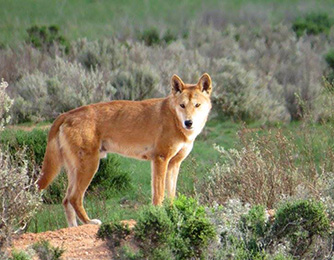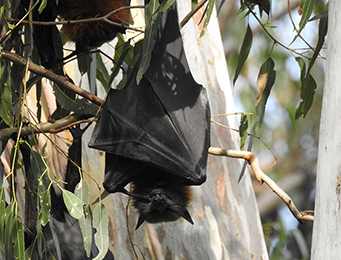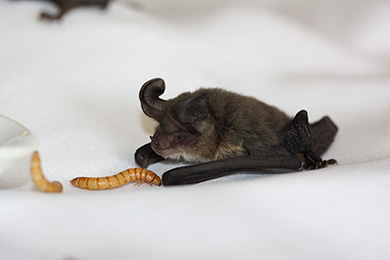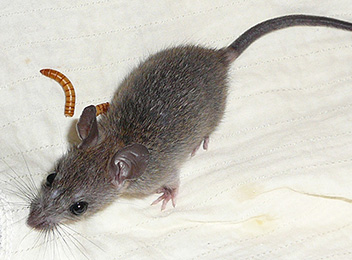PLACENTAL MAMMALS
Placental mammals are the most diverse and dominant group of mammals on Earth. They are named after the placenta, a vital organ that plays a crucial role during pregnancy and allows for the development of more advanced and highly specialized offspring.
The placenta is a specialized organ that develops in the uterus during pregnancy. It acts as an interface between the mother and the developing fetus, facilitating the exchange of nutrients, gases, and waste products. This allows the fetus to receive nourishment and oxygen from the mother’s bloodstream, while waste products are eliminated back into the mother’s circulation.
Unlike Monotremes and Marsupials, placental mammals give birth to fully developed live offspring. The young are born in a more advanced state, having undergone significant development within the womb, and they are better equipped to survive and adapt to their environment.
Placental mammals generally have longer gestation periods compared to Marsupials and Monotremes. The duration of gestation varies greatly depending on the species, but it is generally longer to allow for the complex development of the fetus within the womb.
Placental mammals have evolved to occupy a wide range of ecological niches, leading to immense diversity among their species. They can be found in various habitats, including terrestrial, aquatic, and airborne environments. This diversity includes animals as varied as humans, elephants, whales, bats, dogs, and cats, among countless others.
Placental mammals are distributed across almost every continent and diverse ecosystems worldwide. This wide distribution is partly due to their ability to adapt to various environments and exploit different food sources.
Placental mammals have achieved evolutionary success due to the advantages provided by their reproductive strategy. The presence of a placenta allows for more efficient nutrient transfer and longer periods of fetal development, resulting in offspring that are more likely to survive and thrive in their respective environments.
Humans are also classified as placental mammals, and they represent a particularly successful species within this group. The evolution and diversification of placental mammals have had a profound impact on ecosystems and the natural world, making them one of the most influential and intriguing groups of animals on Earth.




